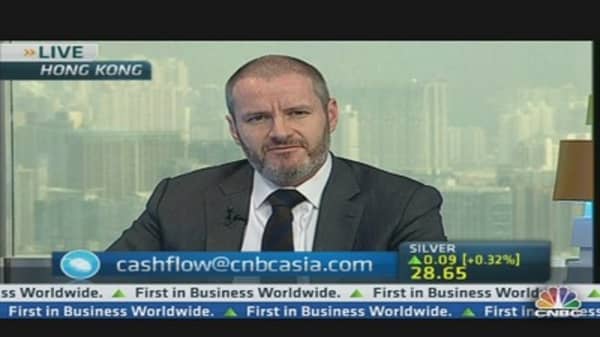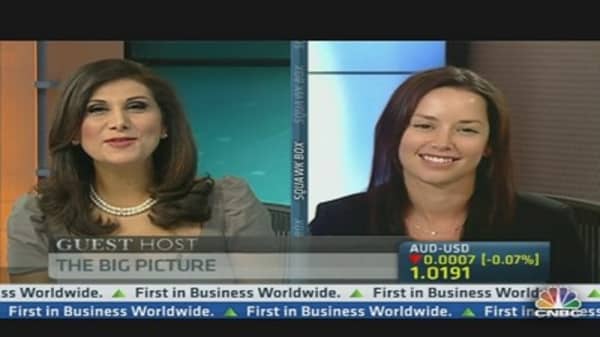Asian stocks fell on Monday, dragged down by a slide of 3.7 percent in Shanghai following fresh property curbs. Japanese shares, however, briefly touched a fresh four-and-a-half year peak as comments from the government's nominee as the next Bank of Japan governor fueled hopes for aggressive monetary easing.
The Shanghai Composite, China's benchmark stock index, fell to its lowest level in six weeks, while the CSI300 index of the top Shanghai and Shenzhen listings encountered its steepest daily loss since November 2010. The Hang Seng Index shed 1.5 percent.
The sharp selloff in China weighed on markets elsewhere in Asia, pushing the Nikkei off its 11,700-mark, while Australia's ASX 200 closed down 1.5 percent and Seoul's Kospi, which resumed trade after Friday's public holiday, slipped 0.6 percent.




